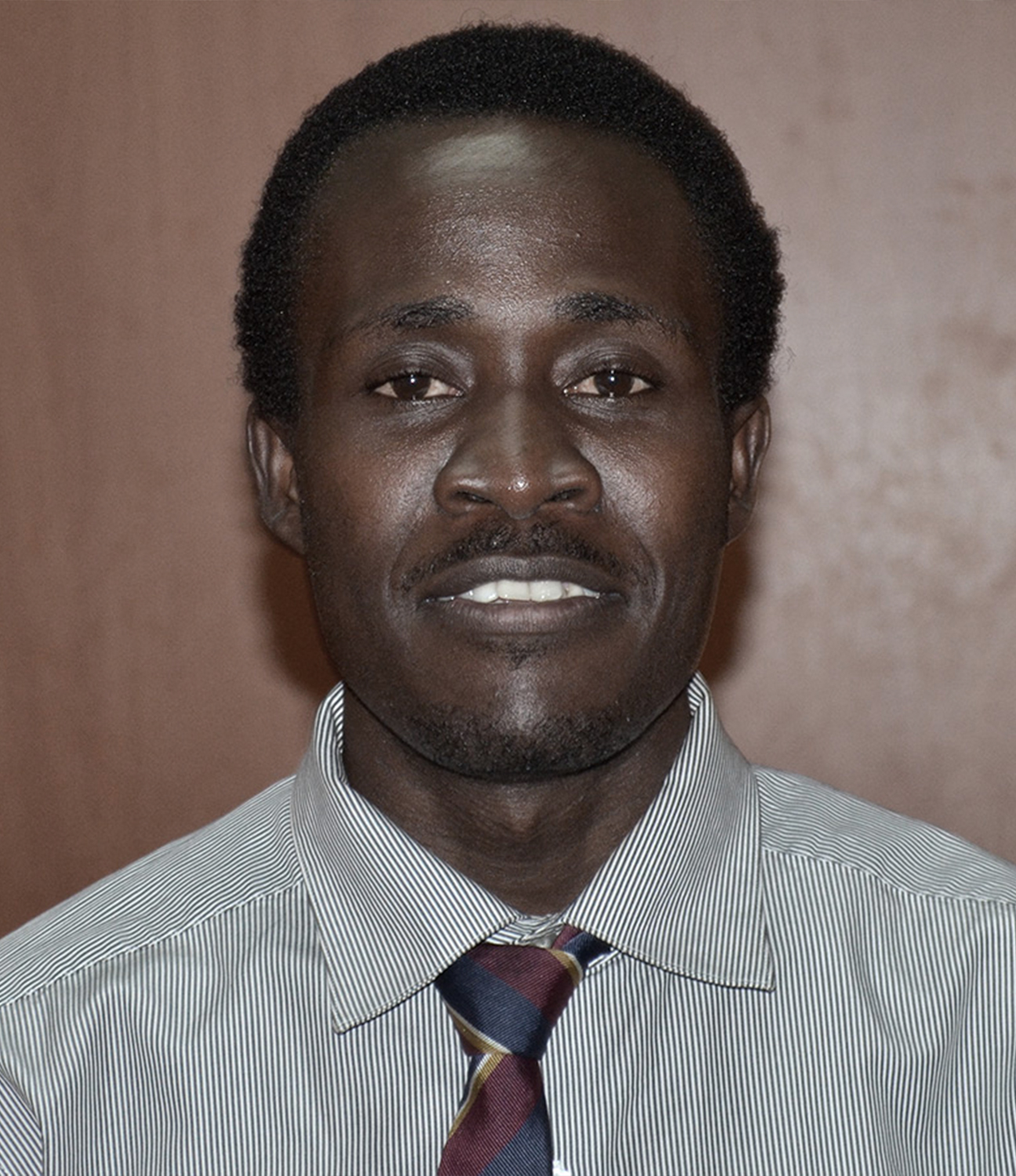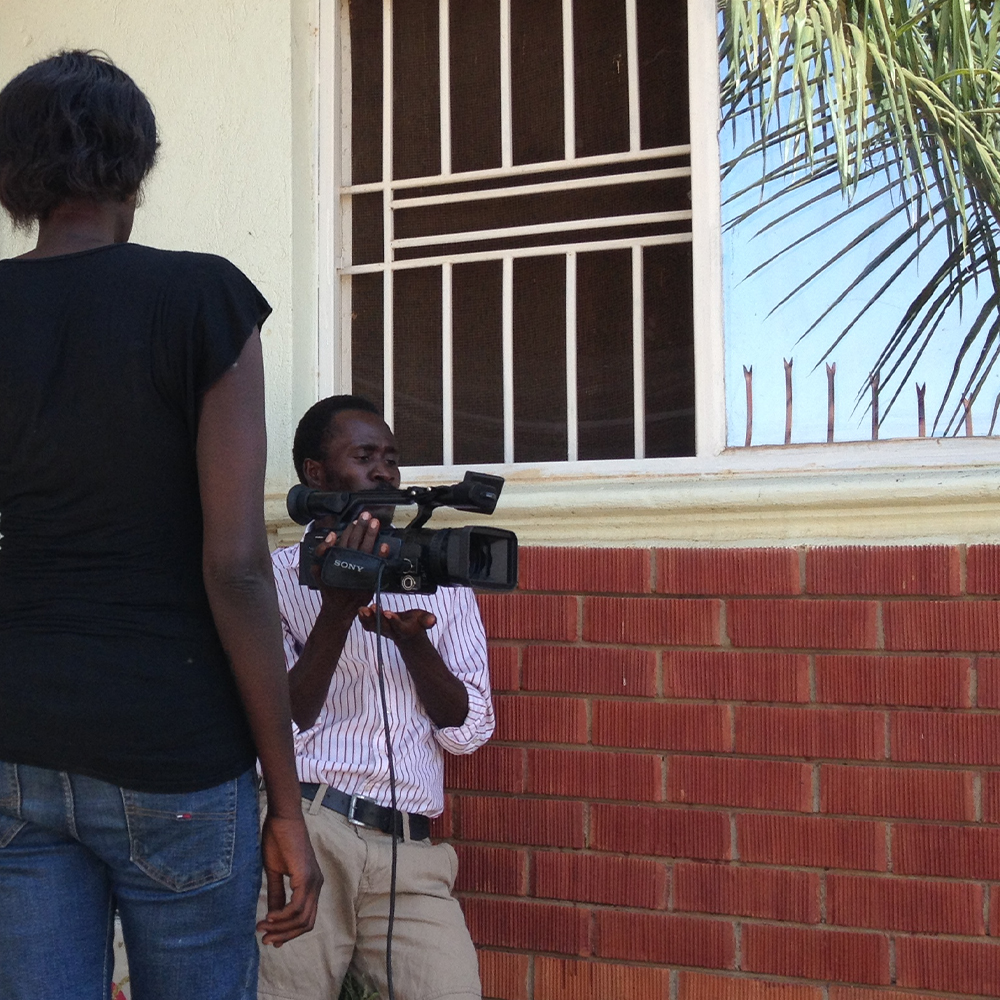COME, I’LL SHOW YOU
WHAT’S UP THE ROAD FOR WANI
Boda-Bodas are the most important means of transportation in South Sudan. Becoming a driver is one of the few jobs available to many young people. It’s the only job for Wani, too — or at least, it was. That’s because Wani has a grand plan: he wants to become a chauffeur and drive a real car. But to pass the driving exam, he must save up a lot of money. Money he actually needs for his family. Will Wani achieve his dream despite the challenges?
 
In case your browser doesn’t allow the video to be automatically available, please click here to be re-directed to YouTube: WANI AND HIS VISION
COME, I’LL SHOW YOU
WHAT’S UP THE ROAD FOR WANI
Boda-Bodas are the most important means of transportation in South Sudan. Becoming a driver is one of the few jobs available to many young people. It’s the only job for Wani, too — or at least, it was. That’s because Wani has a grand plan: he wants to become a chauffeur and drive a real car. But to pass the driving exam, he must save up a lot of money. Money he actually needs for his family. Will Wani achieve his dream despite the challenges?
 
In case your browser doesn’t allow the video to be automatically available, please click here to be re-directed to YouTube: WANI AND HIS VISION

COME, I’LL SHOW YOU THE
FILMMAKERS
| Director | Ochan Hannington |
| Editor | Sebastian Prams, Christian R. Timmann |
| Sound | Jana König |
| Assistant Production Manager | Alex Jala, Poverty Taban Alfred |
COME, I’LL SHOW YOU THE
FILMMAKERS
Director
Ochan Hannington
Editor
Sebastian Prams, Christian R. Timmann
Sound
Jana König
Assistant Production Manager
Alex Jala, Poverty Taban Alfred

COME, I’LL SHOW YOU THE
FILM INFORMATION
| Type | Documentary |
| Length | 6:19 min. |
| Language | Arabic with English or German subtitles |
| Country of origin | South Sudan |
| Year | 2013 |

KOMM, ICH ZEIG DIR DIE
FILMINFOS
Type
Documentary
Length
6:19 min.
Language
Arabic with English or German subtitles
Country of origin
South Sudan
Year
2013
COME, I’LL SHOW YOU THE COUNTRY OF ORIGIN
SOUTH SUDAN
South Sudan (officially the Republic of South Sudan) gained its independence from the Republic of Sudan in the north in 2011 and is the most recently recognised sovereign state in Africa. The country borders Ethiopia, Kenya, Uganda, Democratic Republic of the Congo, and the Central African Republic. The capital city is Juba. English is the official language, but Arabic and many other languages are also spoken.
>/br>
A struggle for governmental power led to a civil war between 2013 and 2018, the effects of which can still be felt. About two thirds of the approximately 13 million inhabitants cannot read or write, and more than half of the population lives below the poverty line.
>/br>
Journalists in South Sudan regularly face threats, assault and intimidation efforts. Criticism of the government and its agencies is poorly tolerated. Since fighting began in 2013, the situation has worsened: many journalists were forced to flee from the violence, and many news outlets had to cease operations. On the 2020 World Press Freedom Index published by Reporters without Borders, South Sudan ranked 138th out of 180 countries.
COME, I’LL SHOW YOU THE COUNTRY OF ORIGIN
SOUTH SUDAN
South Sudan (officially the Republic of South Sudan) gained its independence from the Republic of Sudan in the north in 2011 and is the most recently recognised sovereign state in Africa. The country borders Ethiopia, Kenya, Uganda, Democratic Republic of the Congo, and the Central African Republic. The capital city is Juba. English is the official language, but Arabic and many other languages are also spoken.
>/br>
A struggle for governmental power led to a civil war between 2013 and 2018, the effects of which can still be felt. About two thirds of the approximately 13 million inhabitants cannot read or write, and more than half of the population lives below the poverty line.
>/br>
Journalists in South Sudan regularly face threats, assault and intimidation efforts. Criticism of the government and its agencies is poorly tolerated. Since fighting began in 2013, the situation has worsened: many journalists were forced to flee from the violence, and many news outlets had to cease operations. On the 2020 World Press Freedom Index published by Reporters without Borders, South Sudan ranked 138th out of 180 countries.

